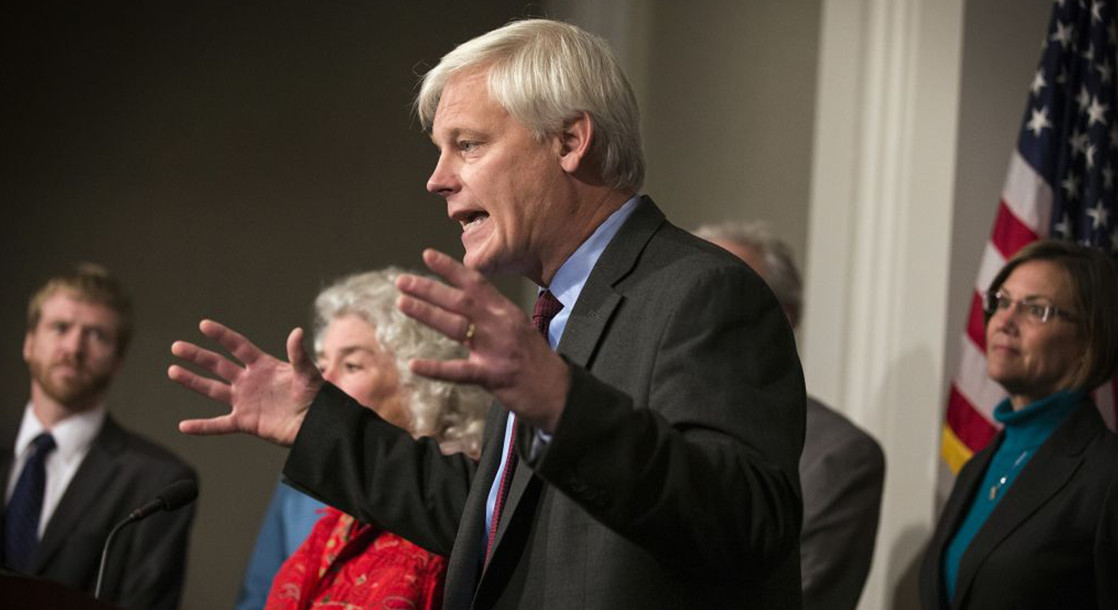Even though Missouri’s medical marijuana program has yet to sell even one ounce of medical pot, the state has already managed to direct over $2 million in tax revenue to health programs for military veterans.
Last Friday, the state Department of Health and Senior Services (DHSS) announced that it had transferred $2,135,510 in medical marijuana revenue to the Missouri Veterans Commission (MVC). The MVC will use this cash to fund health services for veterans who have served time in the military. This is the first time that a US state has used legal weed revenue to fund a state veterans program.
This funding is a key component of Missouri’s medical marijuana law, which was enacted by voters in 2018. This law requires the state to route all revenue from medical marijuana taxes and licensing fees to the state veterans commission, minus any expenses necessary to keep the program running. Medical cannabis businesses are not yet ready to serve the public, but the state expects that they will be able to open their doors by the end of the month.
“Facilities are getting up and running now, and the first testing laboratory is on track to be operational very soon,” said Lyndall Fraker, director of DHSS’s medical marijuana regulation division, in a statement. “We are confident that medical marijuana will become available for patients this month, and I am grateful for all the hard work by so many that got us to this point.”
As impressive as this initial $2 million in funding is, it is actually only a small fraction of the revenue that the state has already collected. By last December, the DHSS had already collected $19 million in licensing and applications fees, but the first priority of this revenue is to fund the administrative and regulatory costs necessary to keep the medical pot program running. By the end of last year, the state had already tallied over $3 million in administrative fees, and these costs have continued into 2020.
Legal fees have also eaten up a considerable chunk of change that would have otherwise gone to veterans. Missouri has had to spend nearly $1.3 million, or 7 percent of the total revenue they collected last year, defending themselves against lawsuits from medical cannabis applicants whose applications were denied. A total of 853 legal challenges were filed against the state, and 785 of these still remain unresolved.
State Rep. Peter Merideth (D) told the St. Louis Post-Dispatch that Missouri’s “arbitrary cap” on business licenses inspired many applicants who were denied licenses to sue the state. “There are businesses across our state ready to get off the ground, and government’s getting in the way and stopping them from doing it,” Merideth explained. “And instead of raising money for veterans, from this whole business development in our state, we’re spending that money to pay lawyers and fight to keep businesses from opening.”
But once stores finally do open their doors this fall, taxes will start streaming in. The state will take a 4 percent cut of all sales, and a portion of this revenue will be able to make its way to the veterans’ program.
Although dozens of research studies have found that medical cannabis can effectively treat PTSD, chronic pain, and other issues that many veterans suffer from, the federal government continues to block veterans’ access to medical pot. Missouri’s medical marijuana program may be slow to get off the ground, but the state has found a new way to use cannabis to help veterans.











